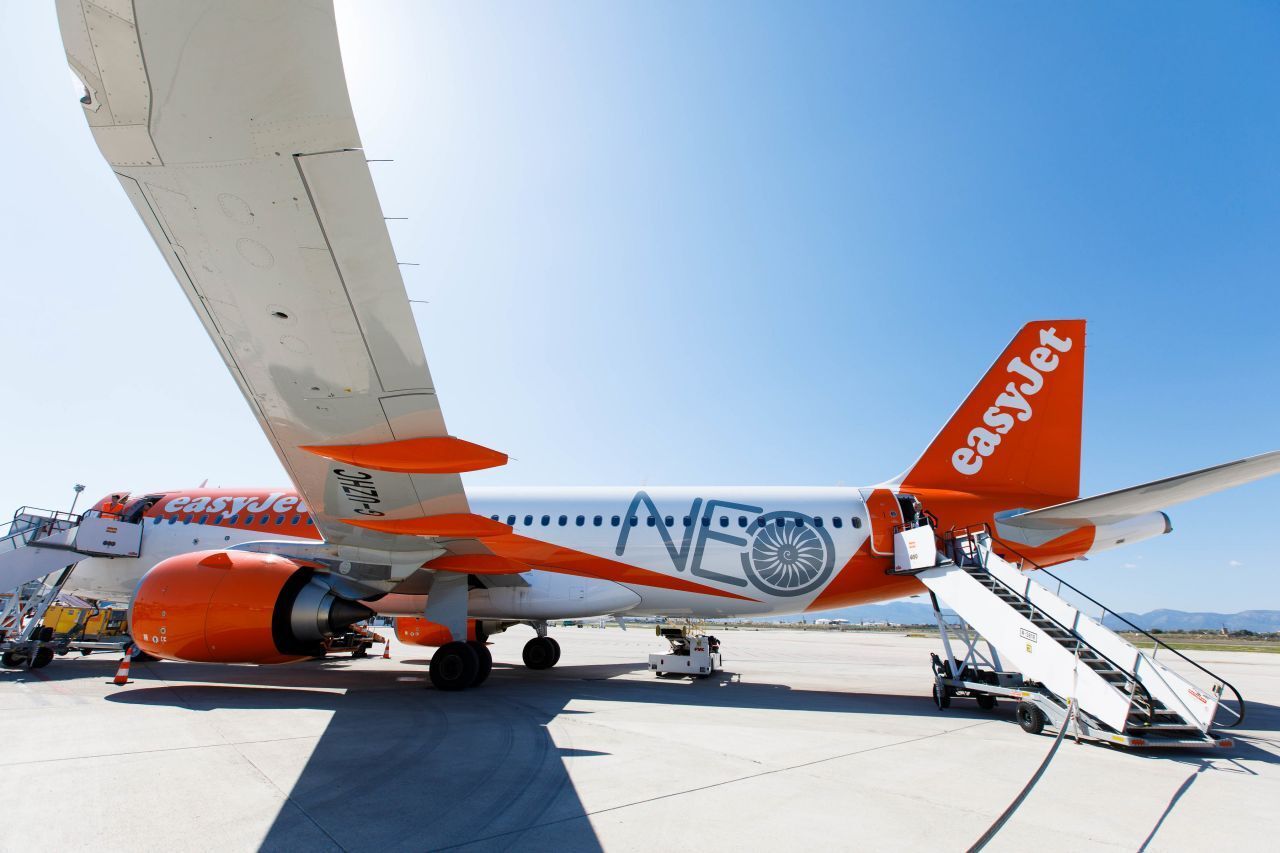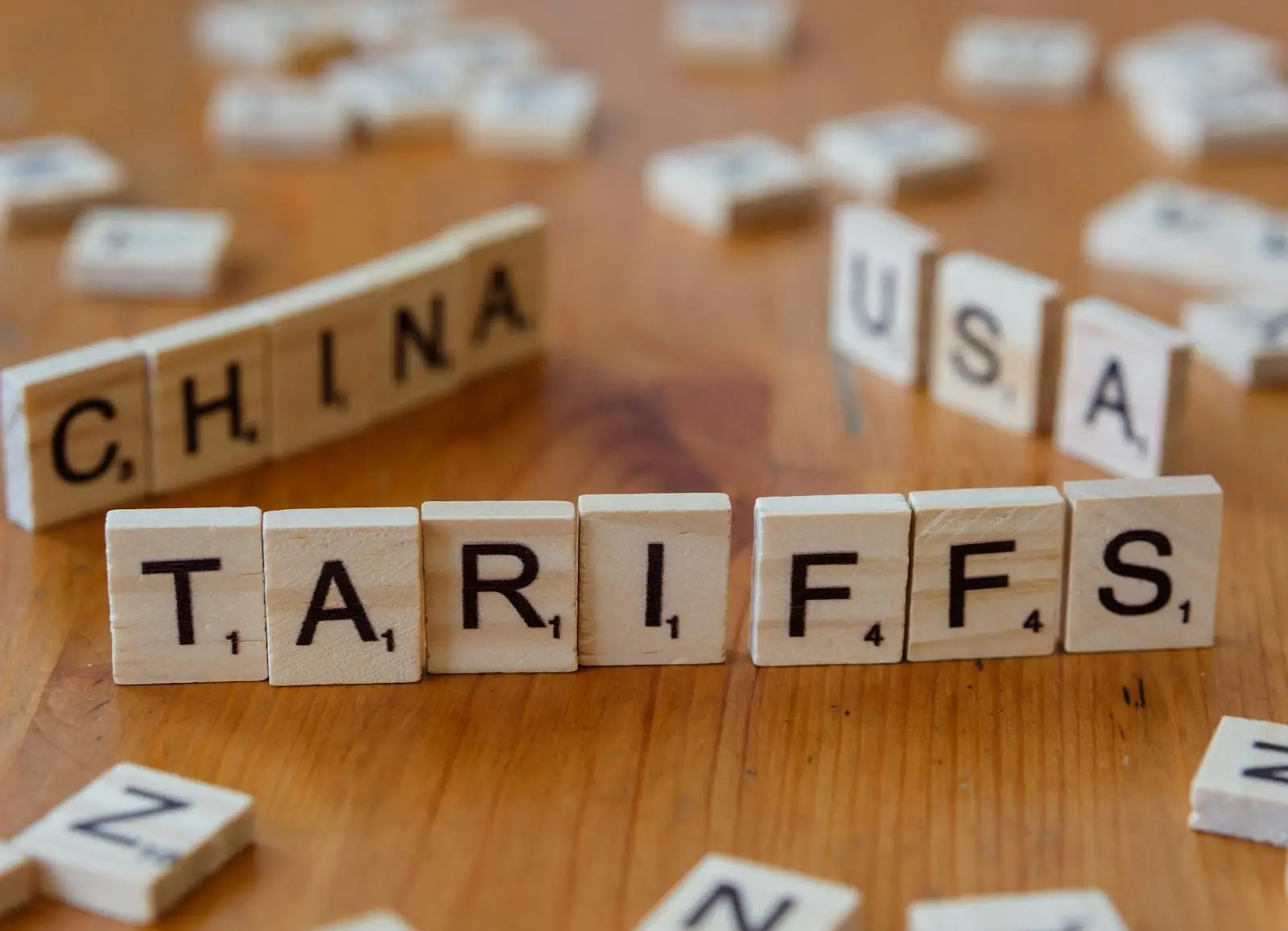California man arrested after attacking flight attendants and trying to strangle them mid-flight.
Unruly passenger to pay thousands for plane’s fuel after in-flight meltdown forces pilot to turn around in Australia. Unruly passengers force Ibiza-bound flight to divert to France. Passenger removed from flight in Hong Kong for alleged verbal abuse of cabin crew.
These attention-grabbing headlines were for the month of September 2024 only! There may be many more unreported. As such, airlines and governments are right to be concerned about the frequency and severity of unruly and disruptive passenger incidents onboard aircraft.
The International Air Transport Association’s (IATA) latest figures show that there has been an increase in the rate of reported unruly passenger incidents. Based on over 24,500 incident reports from over 50 operators globally, there was one incident for every 480 flights in 2023 versus one incident for every 568 flights in 2022. Non-compliance with crew instruction was the most frequent descriptor.
Although such acts are committed by a minority of passengers, they have a disproportionate impact. They create inconvenience, may threaten the health, safety and security of other passengers and crew, and can lead to significant operational disruption and costs for airlines.
The trends identified in IATA’s data are consistent with data from regional and national aviation regulators such as the US Federal Aviation Administration, the European Aviation Safety Agency, UK Civil Aviation Authority, and others.
Addressing the issue of unruly and disruptive behaviour on flights requires a two-pillar approach focusing on enhancing the international legal deterrent and better prevention and management of incidents.
1. Enhancing the deterrent by fixing jurisdictional problems and more options for enforcement action
Unruly passengers are often released without charge which encourages a culture of impunity. IATA member airlines state this is the reason for prosecutions not proceeding in around 60% of unruly passenger cases.
The Montreal Protocol 2014 (MP14) amends gaps in in the Tokyo Convention 1963 (TC63) by extending jurisdiction over offenses to the state of intended landing (destination) in addition to the state of aircraft registration. 48 states have ratified it representing about a one third of global traffic.
Even in cases where jurisdiction is not an issue, there is often a reluctance to pursue criminal prosecutions against unruly passengers, especially for offenses and acts that are considered less serious.
This lack of a response from authorities after an incident impairs deterrence. This can be addressed if police or aviation security officers have the power to issue administrative infringement notices “on the spot”, under a civil penalty regime. Countries such as Singapore, Australia, France, Finland, and New Zealand have civil penalty systems.
When an infringement notice is issued, the person receiving the notice can either pay the fine or contest it if they wish. While not appropriate for all unruly incidents, IATA commends consideration of such a system as one tool for police to have when responding to disruptive behavior upon landing. Criminal prosecutions can be sought for more serious incidents.
2. Prevention and management of incidents
It is essential that all travellers understand prohibited conduct and the possible legal consequences of unruly or disruptive behaviour in aviation facilities and onboard aircraft. Governments are required to undertake awareness campaigns. In early 2021, the FAA developed a toolkit of collateral for use in social media, airport digital signage and public service announcements. Backed by strong enforcement action, reported incidents fell 60% from the peak.
In addition to providing airlines with comprehensive guidance materials covering issues such as conflict de-escalation, responsible service of alcohol and restraint, IATA is participating in several ongoing public-facing campaigns aimed at raising awareness among passengers of the types of prohibited conduct onboard and the consequences of irresponsible and criminal behaviour.
IATA’s comprehensive strategy to reduce unruly and disruptive passenger incidents including providing examples of good practice can be found here.
We will address the reasons on why there has been a rise in the number of unruly passenger incidents in the next article, look out for it.
Photo credit: Muhammad Zubair













